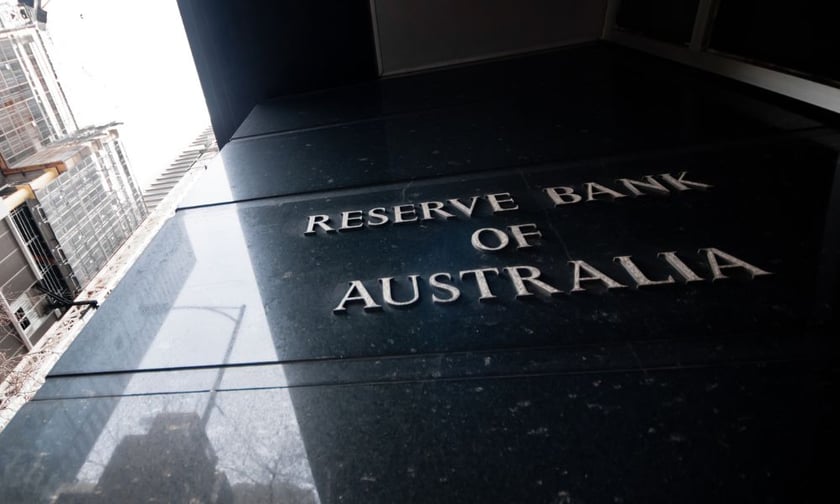

By
All eyes are on the Reserve Bank of Australia (RBA) today, as the central bank finishes up its two-day meeting, revealing the near-term future of the country's official cash rate.
Many market players - including all four of Australia's major banks - are anticipating a rate cut of 25 basis points. Any reduction to interest rates would be welcome relief to homeowners and investors alike, and would likely inject a much-needed shot of confidence into the market.
"Rates falling always stimulate the economy," Andrew Rennie, a Melbourne-based mortgage broker at Helping Hand Finance, told Australian Broker. "When rates start to fall, borrowing capacity will start to increase. More people will be looking to buy, to upgrade. More people will put their houses on the market. I expect to see supply increase [with a lower OCR]."
In fact, between Australia's higher-for-longer interest rates, which have held steady at 4.35% since November 2023, and the rising cost-of-living Down Under, many would-be homeowners have been sidelined, unable to enter the market.
The RBA said it would not cut rates until inflation was within its target range of 2% and 3%.
January's Consumer Price Index (CPI) revealed that inflation had risen to 2.4% for the year, but down from 2.8% at the previous quarterly reading. The "trimmed mean" fell to 3.2%, down from 3.6% in the September third quarter.
The results caused both Westpac and the National Bank of Australia, the last of Australia's Big Four Banks, to update their forecasts. Both Westpac and NBA moved their predicted timelines for rate cuts from May of this year to February. Commonwealth and ANZ had previously anticipated a February rate cut.
"The latest trimmed mean inflation print will be enough for the RBA to cut rates in February," Adelaide Timbrell, senior economist at ANZ, told AB in January. "The annualized trimmed mean inflation over the last six months is within the RBA's target band."
If the predictions prove true, the market will likely experience a rush of optimism - and activity.
"It's going to shake up growth and make us very busy," said Alissa Childs, cofounder and director of New South Wales-based brokerage Two Birds One Loan. "I think a lot of people have been quite handcuffed in terms of purchase prices and things with the rates being what they are. If [rates] come down, people get a little bit more borrowing capacity up their sleeves."
Tony MacRae, chief commercial officer at Bluestone Home Loans, agreed that falling rates will likely cause a flurry of market activity.
"A lot of purchasers are holding off at the moment in anticipation for interest rate cuts sometime later in the year," he said. "And I think when they come, we'll actually see more people enter back into the purchase market, which will stimulate prices again."
In addition to a flood of excitement in the market, Chris Wyke, cofounder and co-chief executive officer of Sydney-based MA Financial, added that rate cuts will relieve borrower stress, causing consumers to spend more money in other areas.
"Interest rates impact the disposable income of their consumer," he explained. "The last bill you don't pay, if you're in trouble, is your mortgage. You're always, always, always [going to] try and pay your mortgage. You might cut back on other things. You might default on other credit cards you have. But you're always, always going to try and pay your mortgage."
Still, others are skeptical of a rate cut this month.
Matthew Porch, head of distribution at private lender Aquamore Finance, pointed out that Australia's current low unemployment is an indicator that rates will likely stay the same for the time being.
In December, unemployment rose by 0.1% to 4%, according to the Australian Bureau of Statistics. However, the numbers are still considered low compared with historical averages.
"Employment is looking good, and if you're too close to full employment, then rates can't move," Porch said. "I think [a rate cut] will be later on in the year. We're probably six months away from a rate cut."
